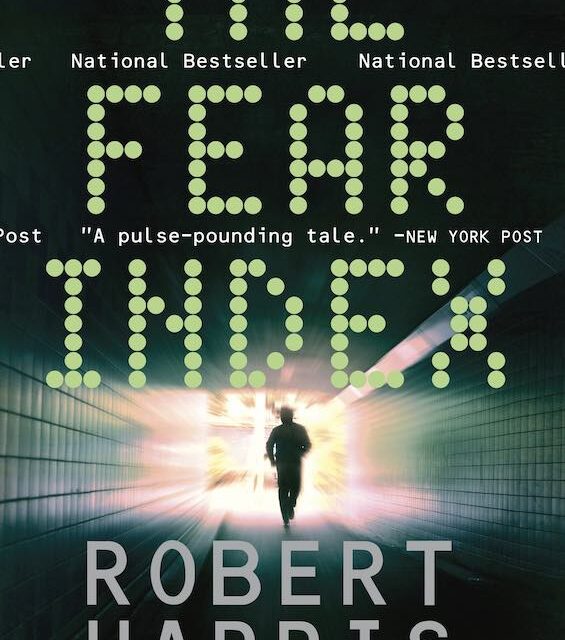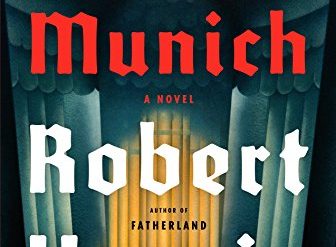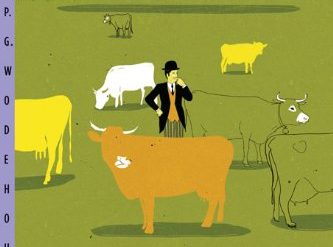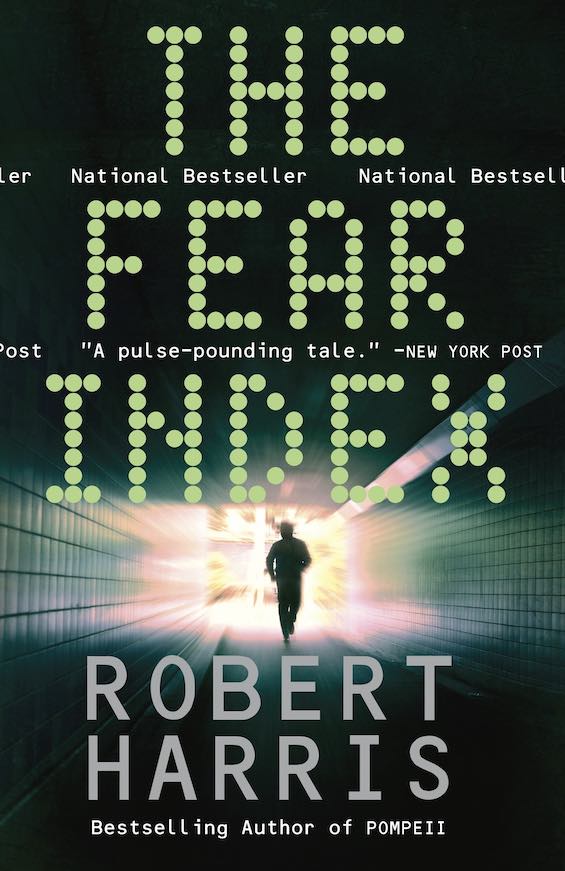
Estimated reading time: 4 minutes
We have yet to grasp more than a hint of the forces unleashed by the creation of the Internet and, more recently, the World Wide Web. The Fear Index, a novel about multibillion-dollar hedge funds, dramatizes one possible chain of events that could upend human society.
This chilling novel is set in Geneva, home of CERN, the European scientific research center that houses the Large Hadron Collider and which spawned the World Wide Web in 1991. There, an extraordinarily brilliant and eccentric American physicist, Dr. Alexander Hoffmann, exercises his passion for artificial intelligence (AI) for several years until his experiments run afoul of his superiors at the lab. Shortly afterward, Hoffmann enters into a partnership with Hugo Quarry, an English financier who volunteers to provide him with the virtually unlimited data needed to pursue his research. Their partnership, a hedge fund, is based on Hoffman’s evolving AI research. The fund quickly grows to multibillion-dollar proportions because of the accuracy of the securities-trading algorithms developed by Hoffmann and his band of eccentric young mathematical researchers.
The Fear Index by Robert Harris (2011) 404 pages ★★★★★
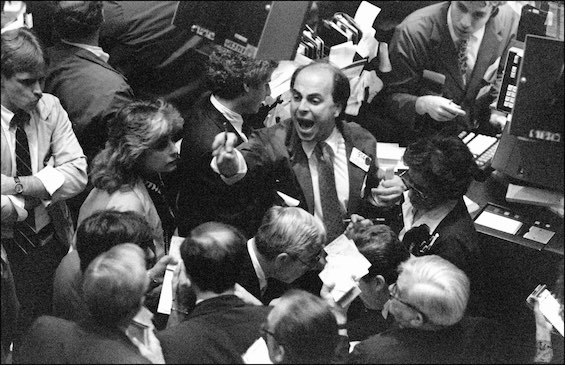
Multibillion-dollar hedge funds already create problems in our economy
Though this novel may come across as sheer fantasy, and Harris’ depiction of AI is off base in some respects, it’s grounded in reality. Many multibillion-dollar hedge funds do conduct automatic trading using algorithms to make decisions by the millisecond. And the events that dominate The Fear Index bear an unsettling resemblance to a very dark day in Wall Street’s recent history. That was “Black Monday,” October 19, 1987, when the Dow Jones Industrial Average precipitously dropped 22.6 percent. That was the largest one-day decline in stock market history. And it was the extensive use of options and derivatives by hedge funds and other institutional “investors” that accelerated the crash’s pace as initial losses led to further rounds of selling.
The action starts quickly in The Fear Index and builds steadily to a crescendo in a deply troubling conclusion. A synopsis of the action would make little sense. Read it yourself, and you’ll probably have trouble putting it down.
About the author
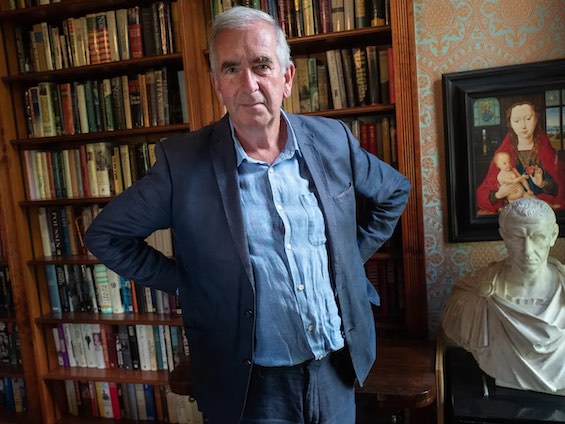
The Fear Index was British writer Robert Harris‘ 14th book. His previous seven novels were Fatherland, Enigma, Archangel, Pompeii, Lustrum, Imperium, and Conspirata. If those titles seem familiar, it’s no accident: every one sold well, some were bestsellers, and several were adapted for film or television. Harris later wrote six additional novels: An Officer and a Spy, Dictator, Conclave, Munich, The Second Sleep, V2, and The Ghost (released as a feature film under the title The Ghost Writer). Yet another novel, Act of Oblivion, is slated for publication in September 2022.
Harris was born in 1957. He was educated at the University of Cambridge, where he was president of the Cambridge Union and editor of the student newspaper. Before turning to writing full-time, he was a journalist, working successively for the BBC, The Observer, The Sunday Times, and The Daily Telegraph. Harris lives in a village in Berkshire with his wife Gill Hornby, herself a writer and sister of best-selling novelist Nick Hornby. They have four children.
For related reading
This is one of The spellbinding thrillers of Robert Harris. It’s also one of Two dozen good books about artificial intelligence and of The 7 best techno-thrillers..
For more good reading, check out:
- The ultimate guide to the all-time best science fiction novels
- Great sci-fi novels reviewed: my top 10
- The top 10 dystopian novels
- Top 10 great popular novels
And you can always find my most popular reviews, and the most recent ones, on the Home Page.

